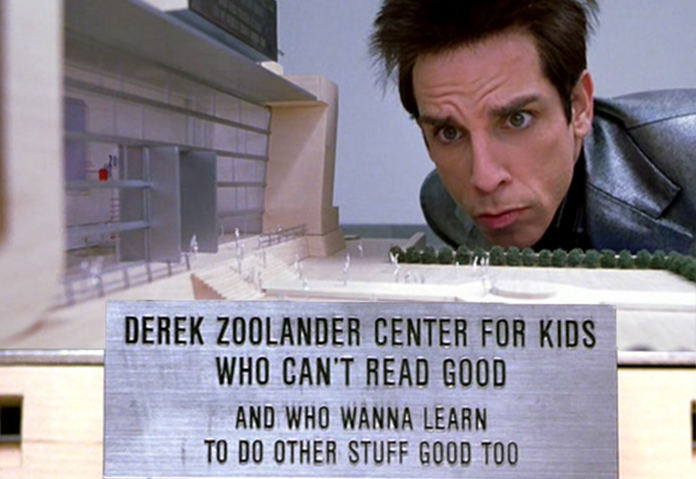I’ve been so tired lately. I’m tired of casual misogyny, tired of implicit bias that is never acknowledged, tired of intentional shit-stirring online, tired of social media threads and comments I can see coming a mile away. I find joy and energy in conversations with family and friends I love, scribbling and doodling in my notebook, breathing through a yoga pose, walking along the bayou, and remembering.
I want to start a new series that I’ll write whenever I start to feel too tired, bitter, resentful, burned out, or over it. I want to remember firsts in librarianship, in teaching and learning, in being me. I’ll start small:
Do you remember the first class you ever taught?
I do.
2007. University of Houston.
It was my first library job after working in public relations for Rice University for four years. I thought that if I could push past my introversion and general shyness (not the same thing) to lead student groups and tours, shake hands with international visitors, and chat with civic clubs then I could certainly center myself enough to teach my first class. I was a psychology and social work subject librarian and I’d spent the first few months on the job observing my amazingly skilled colleagues teach and learning from their experience and knowledge. I was all set to teach my first library class for a section of Psychology Research Methods (a course that still has a special place in my heart). My colleague Michelle was observing, and I was teaching in the same lecture hall where I gave my job talk during my interview. She’d helped my plan and listened to me practice. I’d practiced again at home, in my office, and in the classroom when no one was around. I was ready.
I was terrified.
I was a few years older that the students in the classroom (ah, to be young!). I was sweating. I know I was blushing. I took deep breaths and smiled. I introduced myself and our learning outcomes for the class. I encouraged participation. I started to do a sample search in our library catalog (because that’s how I did things then) using a volunteer topic from a student. It was a disaster. My keywords were bad. I didn’t get any results. I should have been using an article database. My brain froze and I couldn’t think of keyword alternatives, which is something we should be able to teach others, right? I can’t exactly remember how I eventually recovered. It was a long time ago and I’m pretty sure I just nervously asked for another topic and stumbled my way through that search. I doubt I inspired confidence.
After class I sat with Michelle to debrief. She was encouraging, pointing out room for improvement and growth, acknowledging my mistakes but assuring me they were no big deal. Things go wrong. Mistakes happen. It’s all about how we roll with them. Listening to feedback, letting it sit with you, and growing from it is hard, especially when you’re 26 and your self-esteem is that weird 20-something mix of external confidence and internal self-doubt.
I remember sitting in my office afterward, feeling embarrassed. But I didn’t die. I didn’t get hurt (although my ego was a bit bruised). I taught that class again, and again, and again. My approach to teaching changed, as did my style and comfort in the classroom. Sometimes it’s difficult for me to remember what it’s like to be brand new to librarianship and teaching, so hopefully this post will help me remember.


